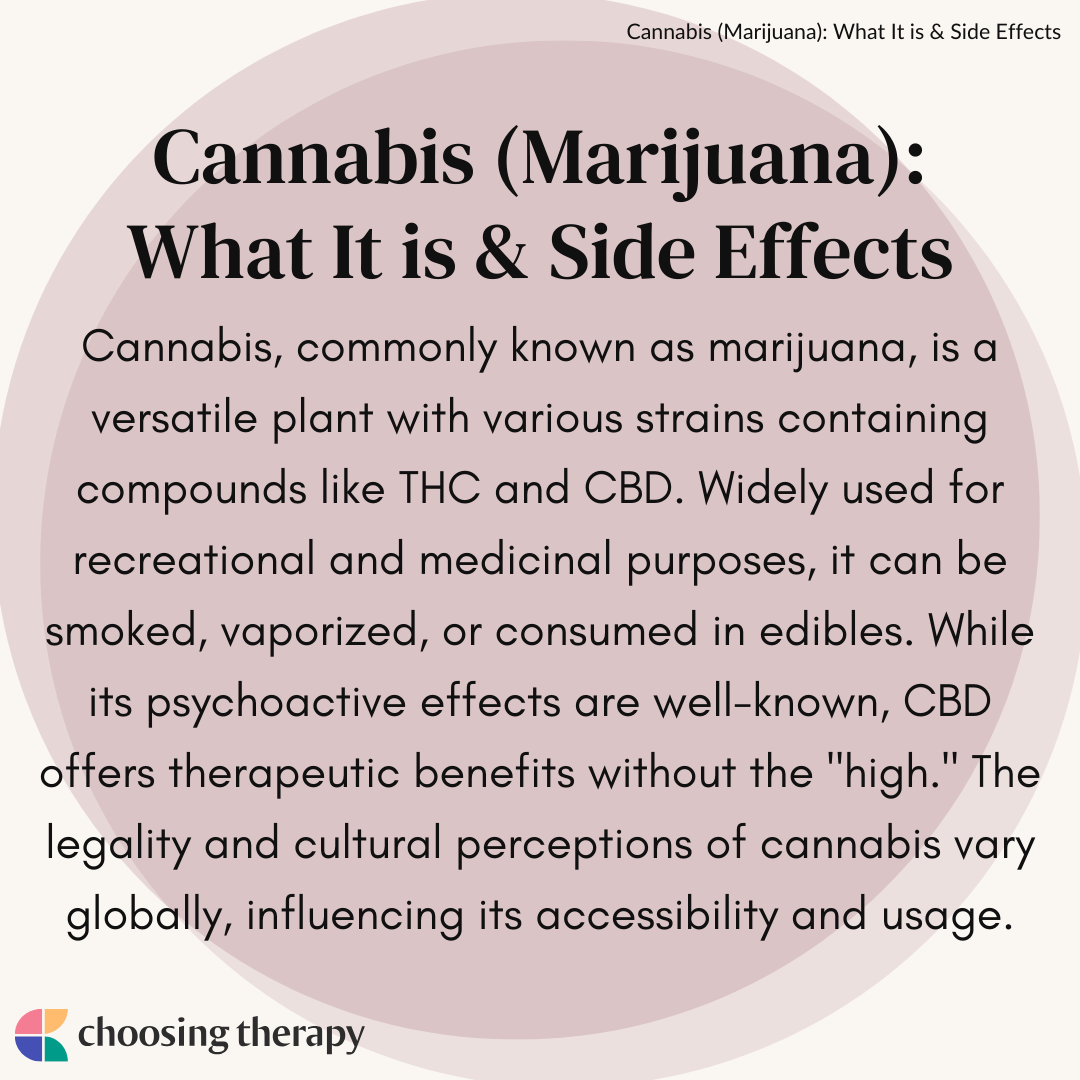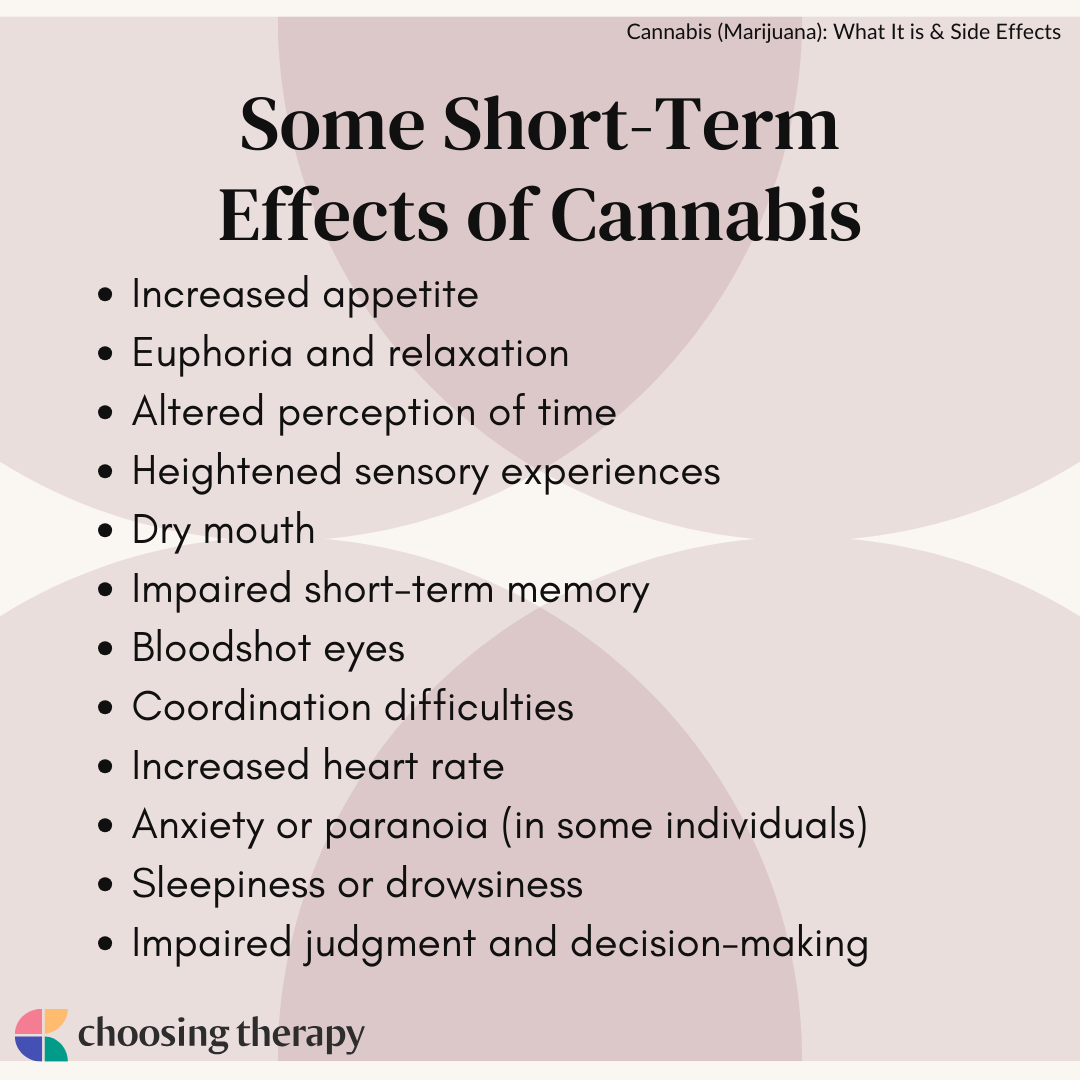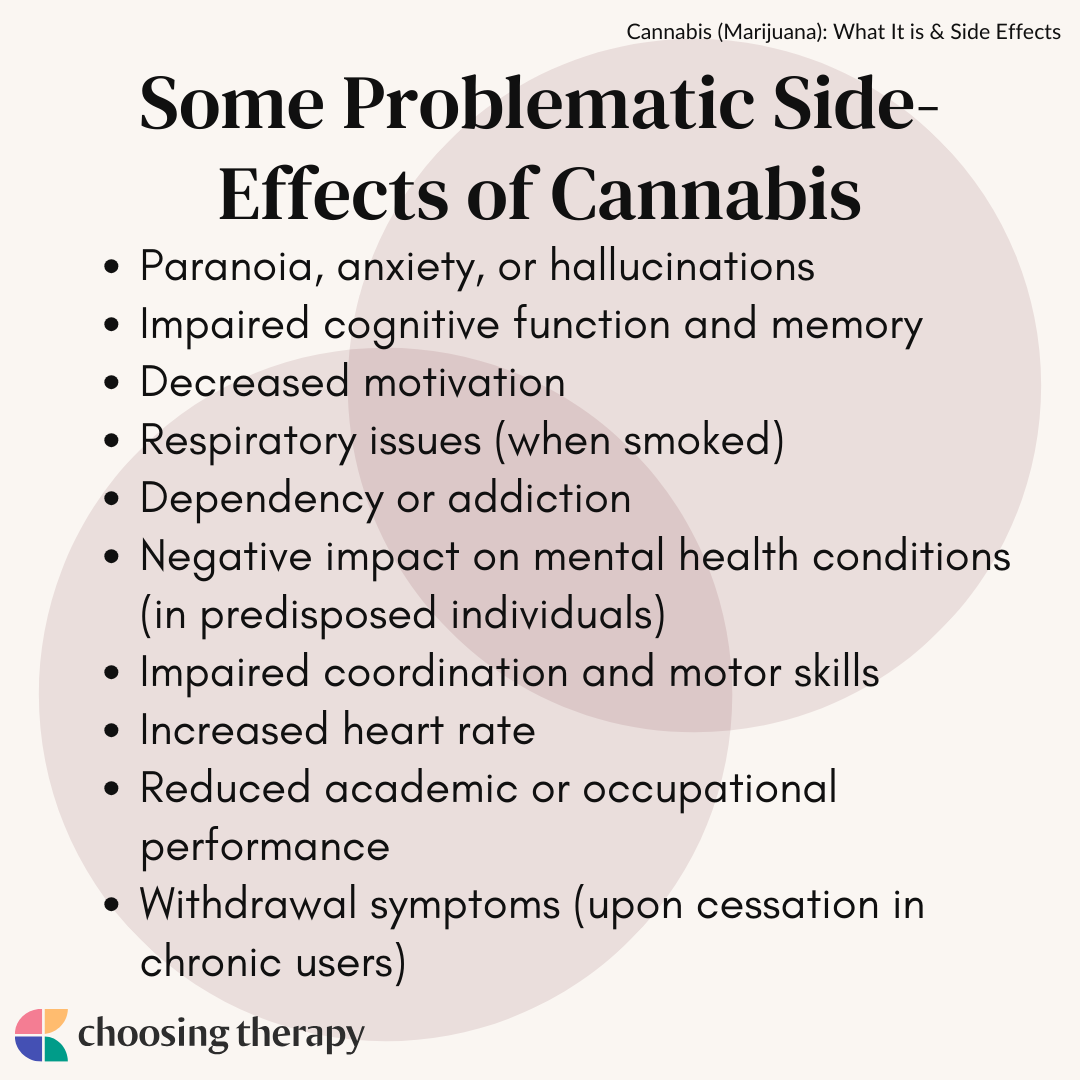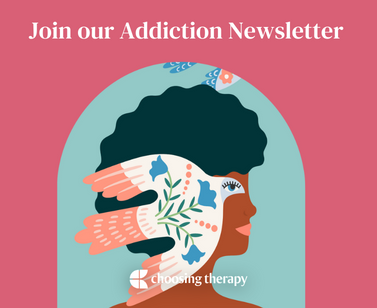Cannabis, commonly known as marijuana, is a versatile plant with various strains containing compounds like THC and CBD. Widely used for recreational and medicinal purposes, it can be smoked, vaporized, or consumed in edibles. While its psychoactive effects are well-known, CBD offers therapeutic benefits without the “high.” The legality and cultural perceptions of cannabis vary globally, influencing its accessibility and usage.
Quit Smoking Pot With Relay Relay is a group-based, digital recovery program for mastering compulsive marijuana use. Try It Free
What Is Cannabis (Marijuana)?
Cannabis, colloquially known as marijuana, is a flowering plant comprising different strains, each with distinct chemical compositions. Notably, it contains compounds like tetrahydrocannabinol (THC) and cannabidiol (CBD), responsible for its psychoactive and therapeutic effects, respectively. THC induces the characteristic “high,” impacting mood and perception, while CBD offers various health benefits without the intoxicating effects. Users typically consume cannabis through smoking, vaporization, or ingestion, and its diverse applications range from pain management to alleviating anxiety. The plant’s complex nature has spurred ongoing debates about its legal status and medicinal potential.
Cannabis encompasses a rich history, with roots in ancient civilizations using it for medicinal and ritualistic purposes. Over time, its cultivation and usage diversified globally, reflecting cultural, social, and legal shifts. Modern research has unveiled the endocannabinoid system, explaining how cannabis interacts with the human body. The plant’s versatility extends beyond recreation, finding applications in industries like textiles, paper, and medicine. Despite ongoing debates about its legal status, cannabis continues to be a subject of scientific exploration, revealing new facets of its potential benefits and challenges.
What Are The Components Of Cannabis?
Cannabis is comprised of various chemical components, with two primary classes of compounds: cannabinoids and terpenes. Cannabinoids, such as THC and CBD, interact with the body’s endocannabinoid system, influencing mood, appetite, and pain perception. Terpenes contribute to the plant’s aroma and may also have therapeutic effects.1 The combination of these compounds in different strains results in the diverse array of effects observed when consuming cannabis, ranging from euphoria to relaxation and pain relief.
THC
Tetrahydrocannabinol (THC) is the primary psychoactive compound in cannabis responsible for the plant’s euphoric effects. When consumed, THC binds to receptors in the brain, particularly the CB1 receptors of the endocannabinoid system, triggering a cascade of neurological responses.2 This interaction leads to alterations in mood, perception, and cognitive functions, commonly referred to as the “high.” THC also exhibits potential therapeutic properties, such as pain relief and nausea suppression, contributing to its medicinal applications in certain contexts.
CBD
Cannabidiol (CBD) is a non-psychoactive compound found in cannabis known for its therapeutic properties. Unlike THC, CBD doesn’t induce a “high” but interacts with the endocannabinoid system, influencing various physiological processes. It has gained popularity for its potential anti-inflammatory, analgesic, and anxiolytic effects. CBD is commonly used in medical treatments for conditions like epilepsy, chronic pain, and anxiety. Ongoing research explores its diverse applications, highlighting its promise as a versatile and well-tolerated therapeutic compound.
What Is Cannabis Used For?
Cannabis has a diverse range of applications, spanning recreational enjoyment and medicinal relief. Recreational use often involves mood enhancement and relaxation, driven by the psychoactive effects of compounds like THC. On the medicinal front, cannabis, particularly CBD, is recognized for its potential to alleviate symptoms associated with conditions such as chronic pain, anxiety, and epilepsy. CBD oil for anxiety symptoms may help some people. It is also used to mitigate side effects of cancer treatments, enhance appetite, and improve sleep. The evolving understanding of cannabis’s therapeutic properties continues to expand its potential applications in health and wellness.
Moreover, cannabis is increasingly acknowledged for its potential in addressing neurological disorders, such as multiple sclerosis and Parkinson’s disease. Research suggests that certain cannabinoids may have neuroprotective properties, offering hope for managing these complex conditions.3 Additionally, cannabis-based products are explored for their anti-inflammatory effects, with potential applications in conditions like arthritis and inflammatory bowel diseases. As the scientific community delves deeper into the intricate interactions between cannabinoids and the human body, the spectrum of potential uses for cannabis continues to broaden, holding promise for a range of health-related challenges.
Short-Term Effects Of Cannabis
The effects of cannabis vary depending on the specific strain and individual tolerance. THC, the psychoactive compound, induces a sense of euphoria, relaxation, altered perception of time, and heightened sensory experiences. Users may also experience increased appetite and dry mouth. CBD, on the other hand, provides therapeutic effects without intoxication, offering potential relief from pain, anxiety, and inflammation. It’s crucial to note that individual responses differ, and responsible use is essential to manage potential side effects and optimize the desired outcomes.
Some short-term effects of cannabis include:
- Increased appetite
- Euphoria and relaxation
- Altered perception of time
- Heightened sensory experiences
- Dry mouth
- Impaired short-term memory
- Bloodshot eyes
- Coordination difficulties
- Increased heart rate
- Anxiety or paranoia (in some individuals)
- Sleepiness or drowsiness
- Impaired judgment and decision-making
Some problematic side-effects of cannabis include:
- Paranoia
- Anxiety
- Impaired cognitive function
- Memory impairment
- Decreased motivation
- Respiratory issues (when smoked)
- Dependency or addiction
- Negative impact on mental health conditions (in predisposed individuals)
- Impaired coordination and motor skills
- Increased heart rate
- Hallucinations (in high doses)
- Reduced academic or occupational performance
- Withdrawal symptoms (upon cessation in chronic users)
Help For Addiction Ria Health: Effective, Evidence-Based Alcohol Treatment 100% Online Quickly change your relationship to alcohol with our at-home program. On average, Ria Health members reduce their BAC levels by 50% in 3 months in the program. Services are covered by many major health plans. Visit Ria Health Workit Health – Online Treatment for Opioids or Alcohol, Including Medication. Modern, personalized recovery that combines medication, a supportive community, and helpful content. Covered by many insurance plans. Currently available in FL, TX, OH, MI, and NJ. Visit Workit Health Best Drug Addiction Rehab Centers – Find the best local detox or drug rehab center covered by your health insurance. Search by location, condition, insurance, and more. Read reviews. Start Your Search
Long-Term Effects Of Cannabis
Long-term cannabis use may have notable effects on both physical and mental health. Prolonged exposure to THC, the psychoactive component, may lead to cannabis use disorder, impacting daily functioning. Chronic use is associated with respiratory issues and potential lung damage, especially when smoked. Additionally, persistent cannabis use may adversely affect cognitive functions, memory, and academic or occupational performance. While research is ongoing, these long-term effects highlight the importance of responsible and informed cannabis consumption to mitigate potential risks to overall well-being.
Brain Development
Cannabis use during crucial periods of brain development, such as adolescence, can be particularly impactful. The brain’s endocannabinoid system plays a role in regulating synaptic pruning and neural connectivity. THC, when introduced during this phase, may disrupt these processes, potentially affecting memory, learning, and executive functions. Studies suggest a correlation between early and regular cannabis use and altered brain structure, raising concerns about long-term cognitive consequences. Caution and education are crucial, especially for younger individuals, to minimize potential risks to their developing brains.
Dependence
Dependence on cannabis can develop due to its psychoactive compound, THC, impacting the brain’s reward system. Regular use can lead to tolerance, requiring higher doses to achieve the desired effects. Prolonged use may result in withdrawal symptoms upon cessation, including irritability, insomnia, and loss of appetite. Cannabis dependence can affect daily life, leading to difficulty in fulfilling responsibilities and maintaining relationships. Recognizing the signs and seeking support are crucial steps in managing dependence and promoting a healthier relationship with cannabis.
Respiratory Problems
Smoking cannabis presents potential respiratory issues due to inhaling combustion byproducts. The inhalation of tar and carcinogens may contribute to bronchitis, chronic cough, and respiratory irritation. Long-term exposure increases the risk of lung infections and compromised lung function. Alternative consumption methods, like vaporization or edibles, can mitigate these concerns. Individuals should be mindful of the potential impact on respiratory health and consider safer methods to minimize the risks associated with cannabis use.
Is Cannabis Addictive?
Cannabis can be psychologically addictive, with users developing a dependence on the euphoric effects, particularly from THC. However, physical addiction is less common compared to substances like nicotine or opioids. Withdrawal symptoms, such as irritability and sleep disturbances, may occur with regular and heavy use, but the severity is generally milder than with other addictive substances. The risk of addiction varies among individuals, emphasizing the importance of responsible use and awareness of one’s relationship with cannabis.
Is Cannabis Legal?
The legality of cannabis varies globally, with countries adopting diverse stances. Some nations have legalized cannabis for recreational and medicinal use, regulating its production and distribution. Others permit only medicinal use, while some maintain strict prohibition. In certain regions, cannabis laws are evolving, reflecting changing societal attitudes and ongoing research into its benefits and risks. Local regulations should be consulted to understand the legal status of cannabis in a specific jurisdiction, as it remains a complex and dynamic legal landscape worldwide.
When to Seek Professional Help
When someone shows signs of struggling with addiction, seeking professional support is crucial. If substance use interferes with daily life, relationships, or mental well-being, it’s time to consult a therapist. Utilizing online therapist directory or online therapy platform can be valuable for finding specialized addiction therapists, offering convenient access to qualified professionals.
Consider seeing a psychiatrist if there are co-occurring mental health issues or when medication may be beneficial. online psychiatrist options can provide accessible addiction medication management. The decision to seek professional help depends on individual needs, but online platforms can offer effective and convenient avenues for finding the right support.
In My Experience
To help our readers take the next step in their mental health journey, Choosing Therapy has partnered with leaders in mental health and wellness. Choosing Therapy is compensated for marketing by the companies included below. Online Treatment for Opioids or Alcohol, Including Medication. Workit Health – Modern, personalized recovery that combines medication, a supportive community, and helpful content. Covered by many insurance plans. Currently available in FL, TX, OH, MI, and NJ. Visit Workit Health Alcohol Treatment – Cut Back or Quit Entirely Ria Health – Quickly change your relationship to alcohol with our at-home program. On average, members reduce their BAC levels by 50% in 3 months in the program. Services are covered by many major health plans. Visit Ria Health Drug Addiction Rehab Centers Recovery.com – Find the best local detox or drug rehab center covered by your health insurance. Search by location, condition, insurance, and more. Read reviews. Start Your Search Telehealth Treatment For Opioid Use Disorder Bicycle Health – offers therapy, support, and medication for addiction treatment (MAT). MAT offers the lowest relapse rates for opioid use disorder, helping people to stop using opioids with minimal physical discomfort. Covered by most major insurance. Visit Bicycle Health Drinking Moderation Sunnyside – Want to drink less? Sunnyside helps you ease into mindful drinking at your own pace. Think lifestyle change, not a fad diet. Develop new daily routines, so you maintain your new habits for life. Take a 3 Minute QuizAdditional Resources
Best Online Medication-Assisted Treatment Programs Online medication-assisted treatment programs are fairly new to the telehealth industry, but existing companies are expanding quickly with new programs emerging every day. It’s important to explore your options and understand the level of virtual care available so you can choose the best addiction treatment program for you.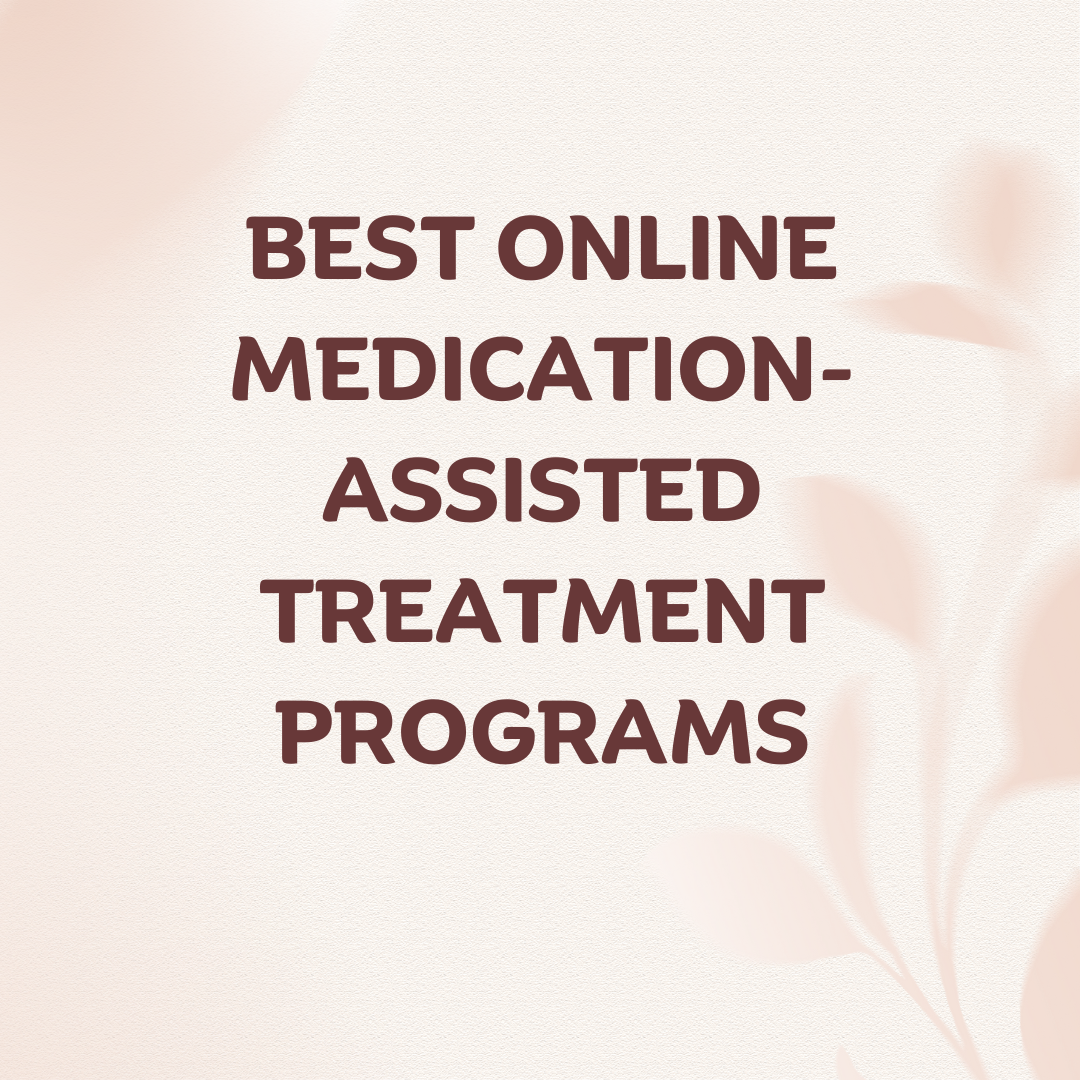
Best Mindful Drinking Apps If you’re thinking about joining the sober curious movement and you’d like to cut back on drinking, mindful drinking apps are a great place to start. Practicing mindful drinking can take some time, attention, and patience, but with the help of the right app, you can completely transform your relationship with alcohol.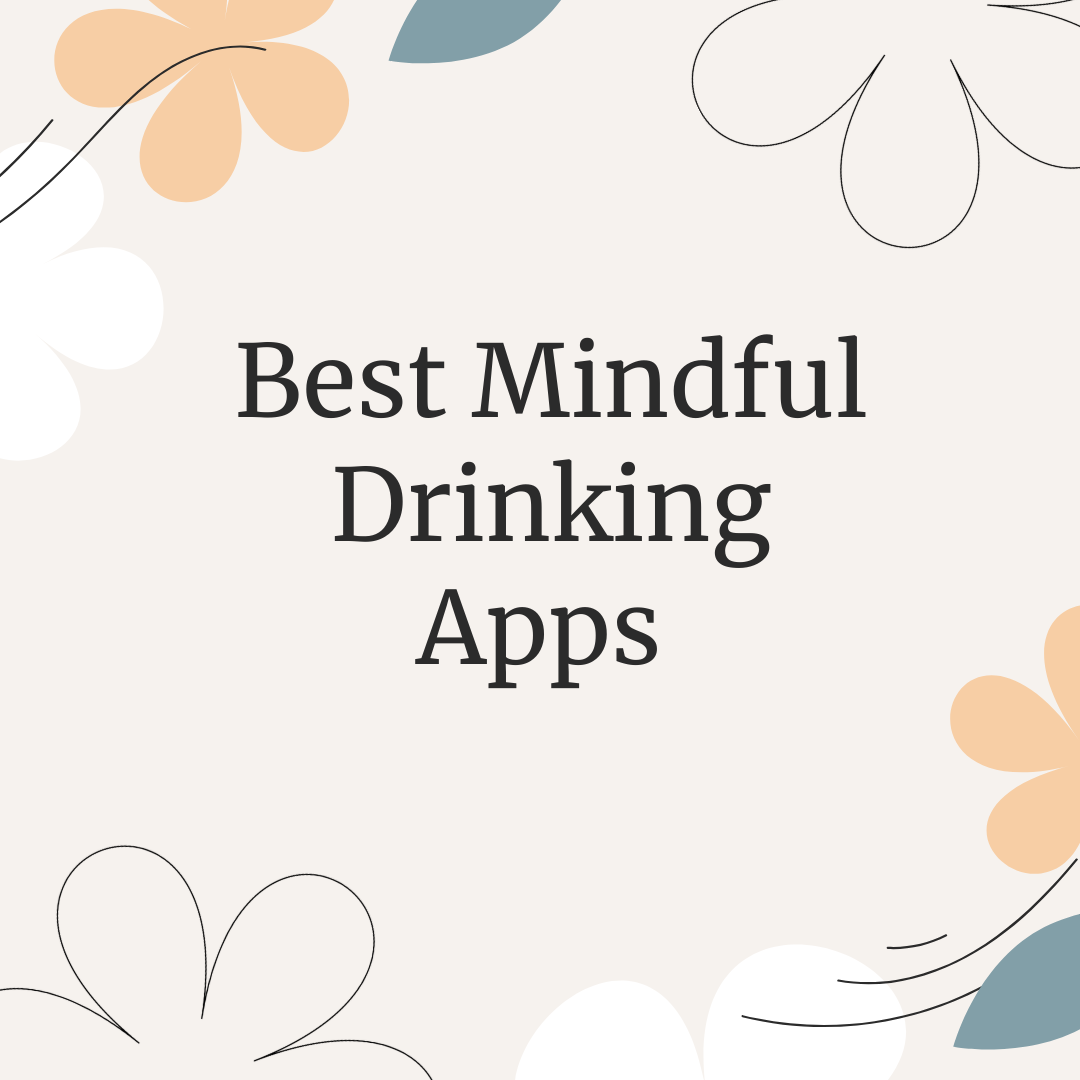
Cannabis (Marijuana) Infographics
